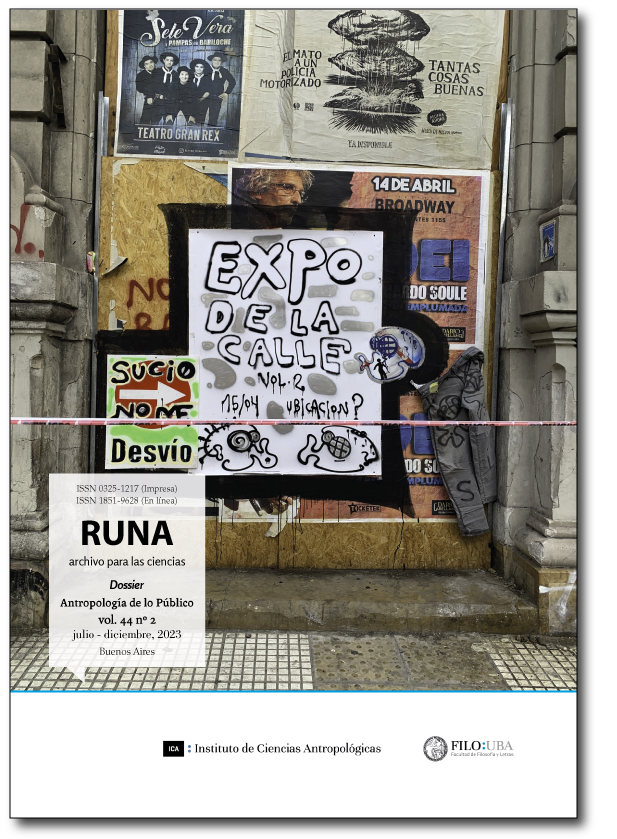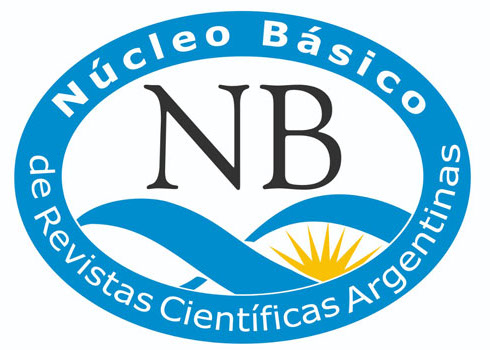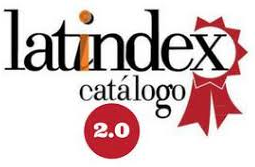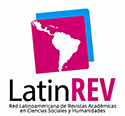Tramoya or vocation
An analysis of the non-profit through the public
Abstract
The work proposes the category of the public as an axis to anthropologically analyze the way in which the denial of interest is emblematized in organizations that are defined as non-profit and whose tasks are oriented towards the public good. The native perspective of those who invoke the non-profit is recovered, understood as renouncing private profit in favor of the common good, to analyze how it operates on participation in public life from these organizations. From this analysis it is revealed that the native opposition between “tramoya” and “vocation” is key to understanding what model of the public is reflected behind the invocation of the non-profit. The empirical cut includes different non-profit organizations in the city of Olavarría, province of Buenos Aires, during the period 2013-2020. The analysis material is made up of ethnographic interviews, observation records and material recovered from different local media.Downloads
References
Arendt, H. (1990). Hombres en tiempos de oscuridad. Barcelona: Gedisa.
Arfuch, L. (2002). Público/privado/político: reconfiguraciones contemporáneas. Designis, 2, 0125-136.
Aristóteles (2005) Ética a Nicómaco. Alianza.
Aristóteles (2007). Política. Buenos Aires: Losada.
Balbi, F. A. (2011). La integración dinámica de las perspectivas nativas en la investigación etnográfica. Intersecciones en Antropología, 13(2), 485-499.
Bobbio, N. (1998). La sociedad civil. Estado, gobierno y sociedad. México: Fondo de Cultura Económica.
Bourdieu, P. (1997). Razones prácticas. Sobre la teoría de la acción. Barcelona: Anagrama.
Espinosa, H. y Contijoch, M. (2021). El espacio público y sus disconformes. Informalidad y conflicto urbano. AIBR. Revista de Antropología Iberoamericana, pp. 250-264.
Evans-Pritchard (1937). Brujería, magia y oráculos entre los azande. Trad. Antonio Desmonts. Anagrama.
Gaztañaga, J. (2008). ¿Qué es el trabajo político?: Notas etnográficas acerca de militantes y profesionales de la política. Cuadernos de Antropología Social, 27, 133-153.
Gluckman, M. (1976). La lógica de la ciencia y de la brujería africanas. En Douglas, M.,Gluckman, M., Horton, R. Ciencia y brujería. Barcelona: Anagrama.
Godelier, M. (1998). El enigma del don. Madrid: Paidós.
Graeber, D. (2013). It is value that brings universes into being. HAU: Journal of Ethnographic Theory, 3(2), 219-243.
Graeber, D. (2018). Trabajos de mierda, una teoría. Barcelona: Ariel.
Gramsci, A. (1975). Notas sobre Maquiavelo, política y el Estado moderno. México: Juan Pablos.
Gravano, A. (2005). Imaginarios sociales de la ciudad media. Emblemas, fragmentaciones y otredades urbanas. Tandil: REUN.
Gravano, A. (2021). Apuntes para una dialéctica de lo público. Anacronismo e Irrupción, 11(21), 388-413.
Habermas, J. (2010) Facticidad y validez. Madrid: Trotta
Marx, K. (1936 [1840]). La cuestión judía. Buenos Aires: Biblioteca Dialéctica.
Mauss, M. (2009). Ensayo sobre el don: forma y función del intercambio en las sociedades arcaicas. Buenos Aires: Katz editores.
Rabotnikof, N. (1993). Lo público y sus problemas: notas para una reconsideración. Revista Internacional de Filosofía Política, 2, 75-98.
Retamozo, M. (2006). Notas en torno a la dicotomía de lo privado y lo público: una perspectiva política. Reflexión Política, 16, 26-35.
Rofman, A. (2009). Organizaciones de la sociedad civil y políticas sociales en el área metropolitana de Buenos Aires: entre las teorías y las realidades. Revista española del tercer sector, 12, 157-181.
Silva, A. (2000). Imaginarios urbanos. Bogotá: Tercer Mundo.

Runa, archivos para las ciencias is a publication of the Instituto de Ciencias Antropológicas, Facultad de Filosofía y Letras, Universidad de Buenos Aires and is distributed under a Creative Commons Attribution 4.0 International License.
Runa maintains its commitment to the policies of Open Access to scientific information, considering that both scientific publications and publicly funded research should circulate on the Internet freely, free of charge and without restrictions.
The contents and opinions expressed in published articles are the sole responsibility of their authors.



















